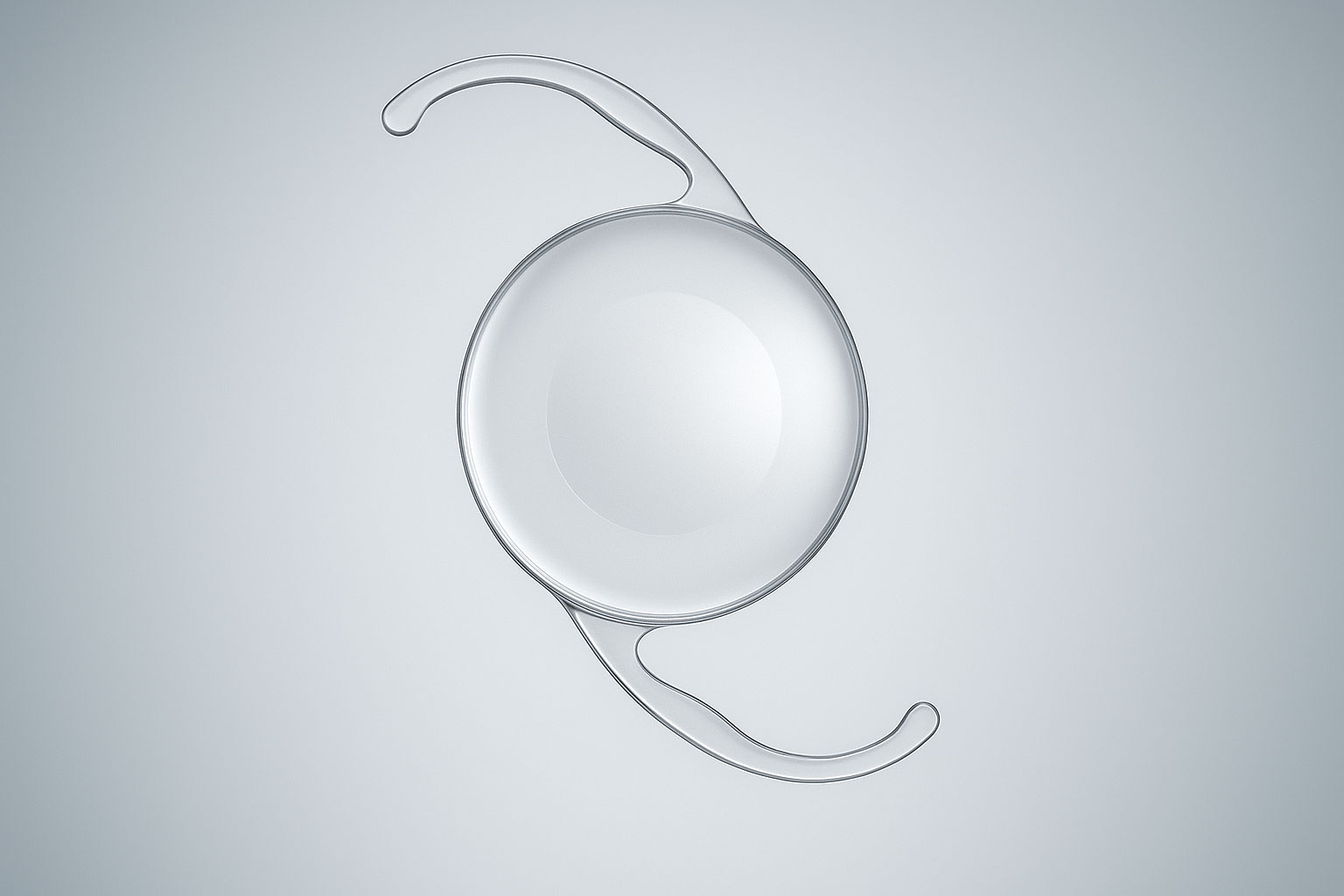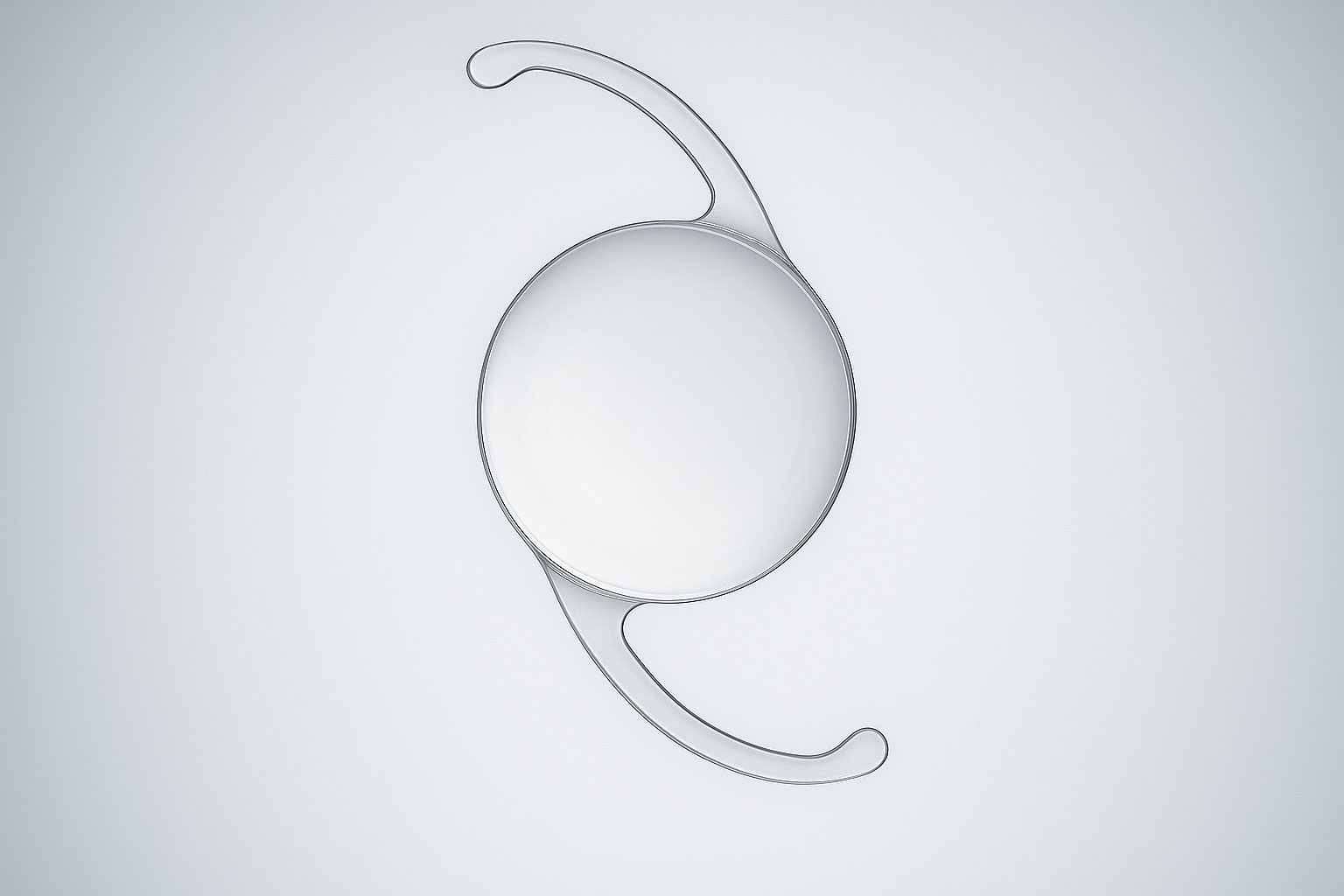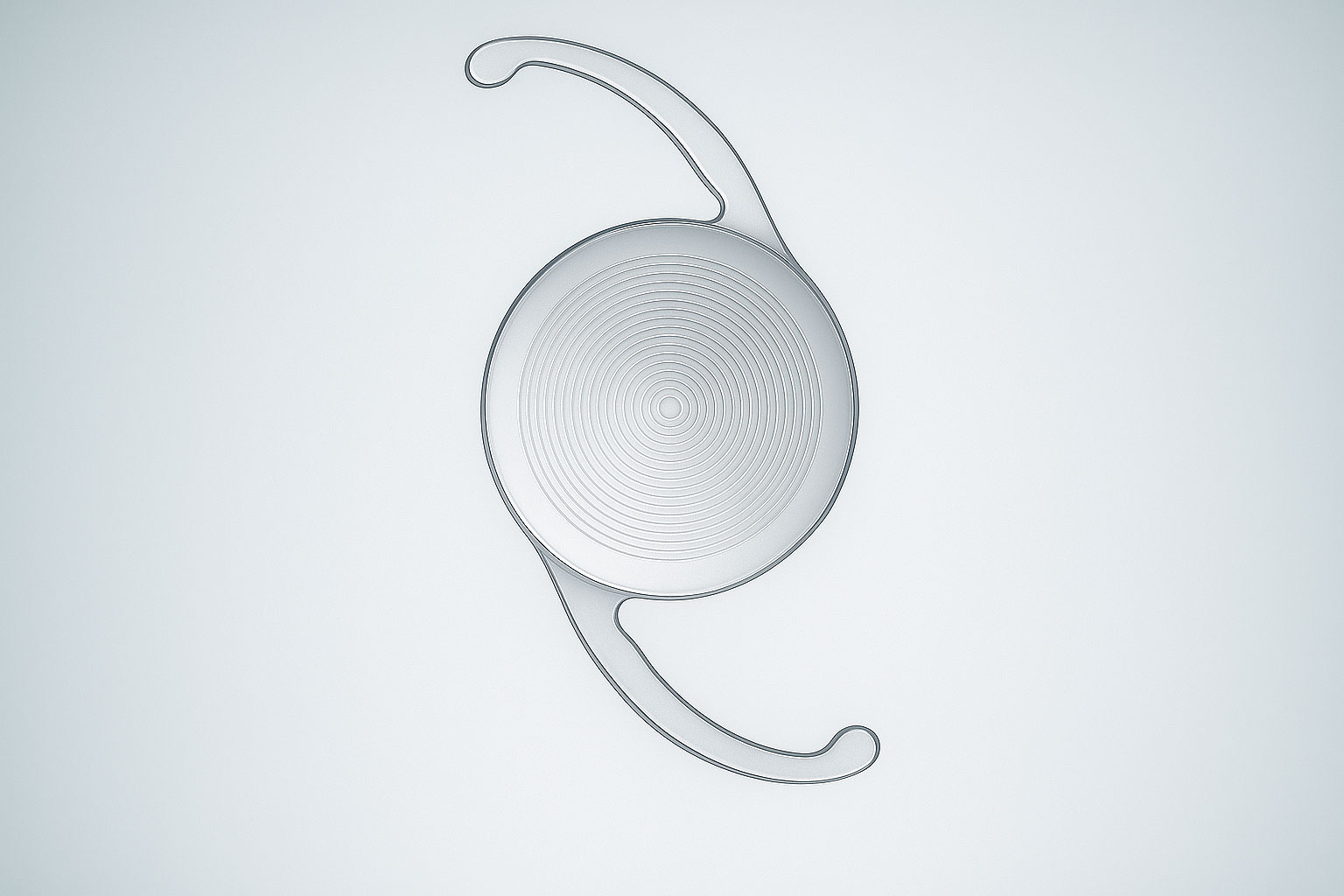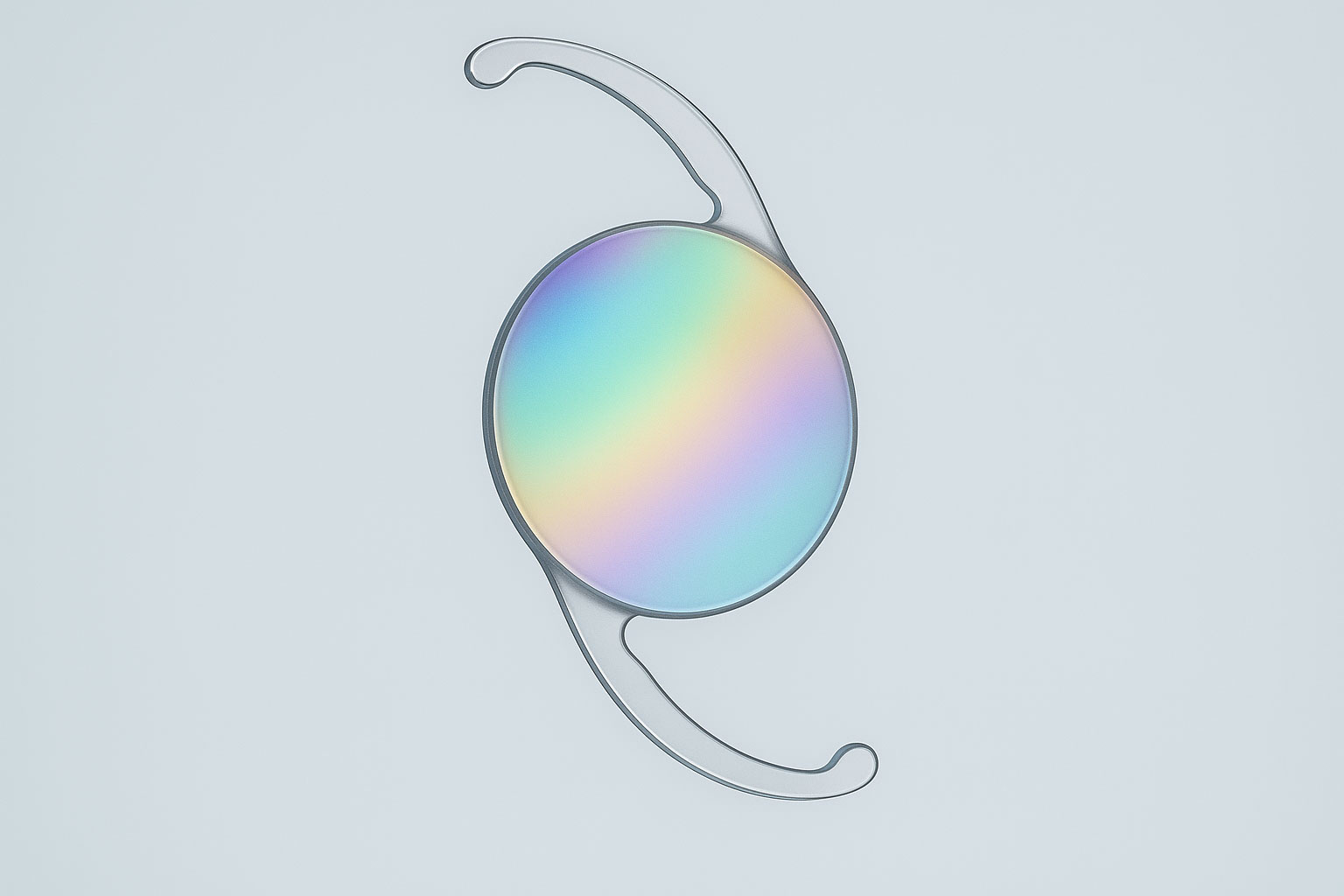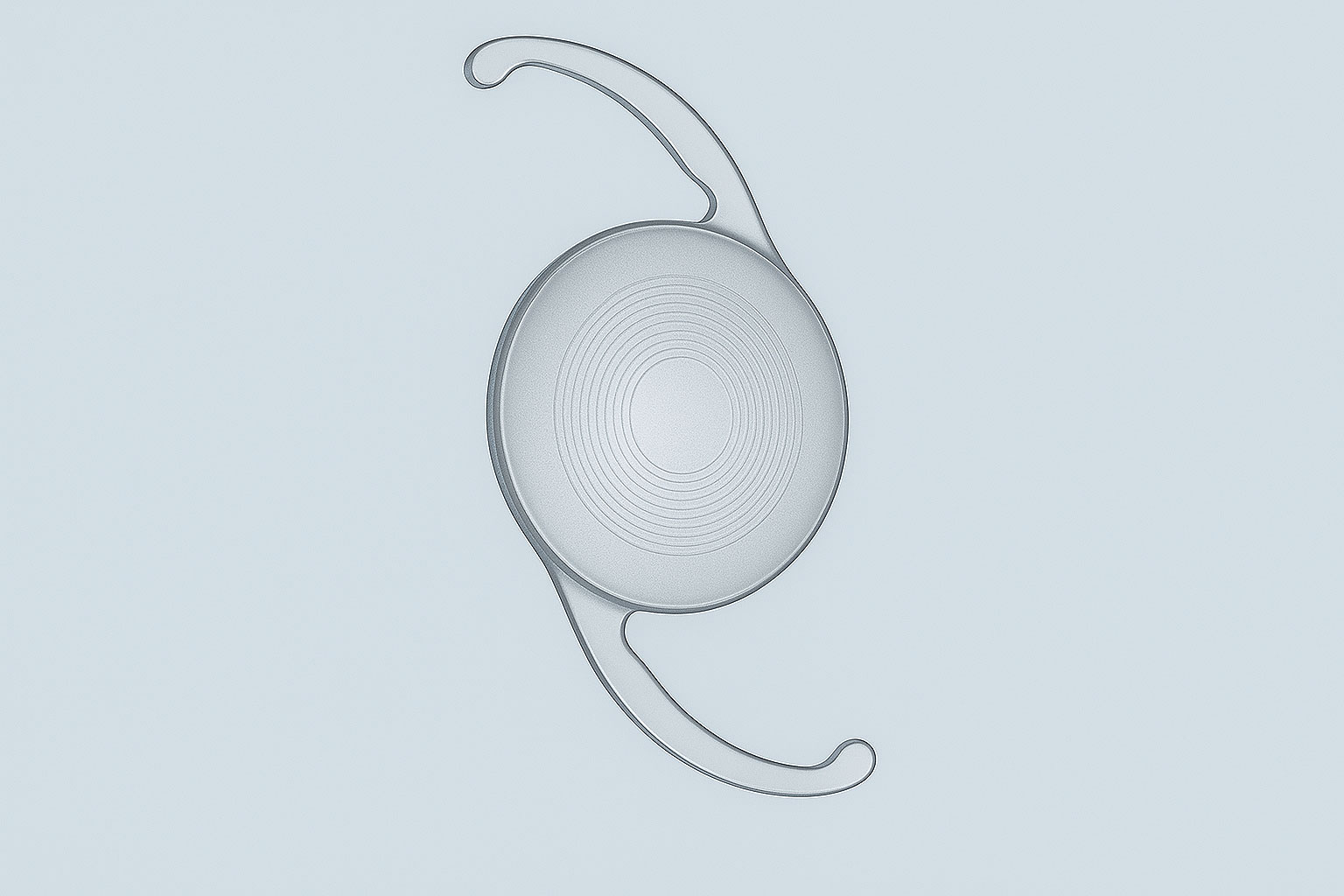Treatments
Laser
Lens
Condition
By Age
Virtual Eye Clinic
Contact
Discover the Right Lens for Your Age and Vision
How To Use:
Choosing the right implantable lens is one of the most important steps in your vision correction journey. Different lenses work best at different stages of life, whether you’re under 40 with strong prescriptions or over 70 and preparing for cataract surgery. Use the selector below to explore which lens options may suit your age group and lifestyle. Each lens is carefully designed to enhance clarity, comfort, and long-term eye health.
Struggling with any of these vision problems?
Book a consultation with Dr. Fadi Kherdaji and explore your options for laser or lens correction today.
FAQs About Implantable Lenses for Vision Correction
Whether you’re exploring ICLs, trifocal lenses, toric lenses, or Light Adjustable Lenses (LAL), it’s natural to have questions. Below, we answer the most common ones to help you understand which lens might be right for your eyes, your lifestyle, and your long-term vision.
The most popular options include Implantable Collamer Lenses (ICLs) for high prescriptions, toric ICLs for astigmatism, trifocal lenses for reading and distance vision, and Light Adjustable Lenses (LALs) for post-surgery fine-tuning. Each lens offers a different benefit based on your age, prescription, and lifestyle.
Your choice depends on several factors: your eye prescription, corneal thickness, age, lifestyle, and whether you’re correcting cataracts or high myopia. During your consultation, your surgeon will run advanced tests to help select the most suitable lens type.
Yes! Most implantable lenses are reversible. Unlike laser surgery, lenses like ICLs and LALs can be exchanged if your vision changes in the future or if a different solution becomes more suitable.
Modern lenses are made from biocompatible materials and designed to last a lifetime. Safety rates are extremely high when performed by an experienced surgeon, and regular check-ups ensure your vision remains stable.
Yes! toric ICLs and certain trifocal lenses are specially designed to correct astigmatism. Your surgeon will take precise corneal measurements to choose a lens that aligns with your specific axis of vision.
Trifocal lenses provide set focal distances (near, mid, and far), while Light Adjustable Lenses offer customisable vision after surgery. If you’re unsure which route to take, consider how much flexibility you want post-op, LALs let you preview and personalise your sight before locking in the result.

LASER EYE SURGERY
Laser vision correction provides a precise, minimally invasive solution for refractive errors such as nearsightedness, farsightedness, and astigmatism. Using advanced techniques like SMILE Pro, Femto-LASIK, and Presbyond, these treatments reshape the cornea to restore sharp, natural vision.

LENS CORRECTION
Lens-based treatments offer cutting-edge solutions for vision correction, including implantable contact lenses (ICL), refractive cataract surgery, and multifocal or trifocal lenses. These advanced options are ideal for patients with severe refractive errors, presbyopia, or cataracts, providing sharp vision at all distances.

CONDITIONS
We offer specialised treatments for a range of vision conditions, including astigmatism, cataracts, myopia, hyperopia, presbyopia, and keratoconus. By taking a personalised approach, we address the root causes of vision problems, ensuring precise and long-lasting results with state-of-the-art technology.




